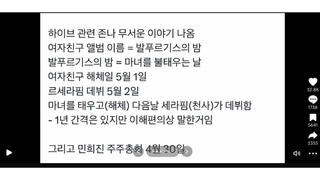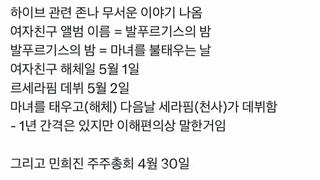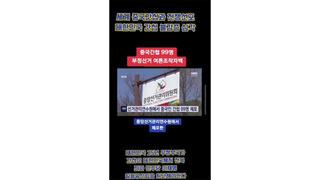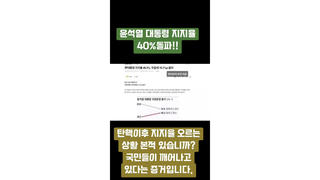
Is the drinking water shortage in Gwangju caused by scrapping the Four Rivers Project? No, that's not true: This claim miscalculates the loss of water supply and conflates a river's uses of water.
The claim appeared in a video (archived here) published on TikTok by @togota1233 on May 13, 2023, with the caption, "Residents of Gwangju, Direct your resentment to Moon Jae-in." The video opened:
The damage from the drought has been severe in the Honam region. But what's more upsetting is that many people's thinking is eluding the truth.
This is what the post looked like on TikTok at the time of writing:
(Source: TikTok screenshot taken on Wed May 24 13:19:17 2023 UTC)
In the video, a man states that the previous administration's decision to scrap the controversial Four Rivers Project by opening or dismantling five dams in Honam, a region in Korea's southwest, incurred a loss of 52,800,000 tons of water. He also says that the Yeongsan River, falsely stated in the video to supply drinking water for the drought-strained city of Gwangju, suffered a loss of 15,600,000 tons.
For its entire duration, the 57-second TikTok video was captioned, "Residents of Gwangju, Direct your resentment to Moon Jae-in," a liberal president who was in office from 2017 and 2022.
The video was a clip from a YouTube video uploaded and narrated by Kim Young-min, host of the channel @nsbkorea.
His claims were taken from an article published by Chosun Ilbo, a conservative daily, on April 3, 2023, with the headline "Moon administration opens dam amid forecasts of record-breaking drought, wiping out 40 days' worth of water for Gwangju citizens."
The mayor of Gwangju, Kang Ki-jeong, refuted the claims at a press conference on April 3, 2023, saying that the water shortage is due to a drought caused by climate change. He added that the water loss was erroneously calculated from Yeongsan River's maximum and minimum water levels instead of actual levels.
"It is incorrect to assume a loss of 15.6 million tons simply by subtracting the 2.5m level from the 7.5m level," he said.
The article cited figures from Lee Joohwan, a People Power Party assembly member, who claimed to have received the data from the Korea Water Resources Corporation, a public agency for water resource management.
The Korea Water Resources Corporation did not respond to Lead Stories' question on whether it provided the data to the assembly member.
Another issue with the claim is the conflation of the river's uses. According to the Korea Federation for Environmental Movements in Gwangju, a regional branch of a nationwide environmental organization, 96% of the water resources of the Yeongsan River system are tapped for agricultural use, and the remaining 4% for residential and industrial use.
"The statement fails to understand that the drought is causing problems in residential use of water," the organization wrote on its website. "Yeongsan River's dam for the Four Rivers Project has nothing to do with drinking water sources."














